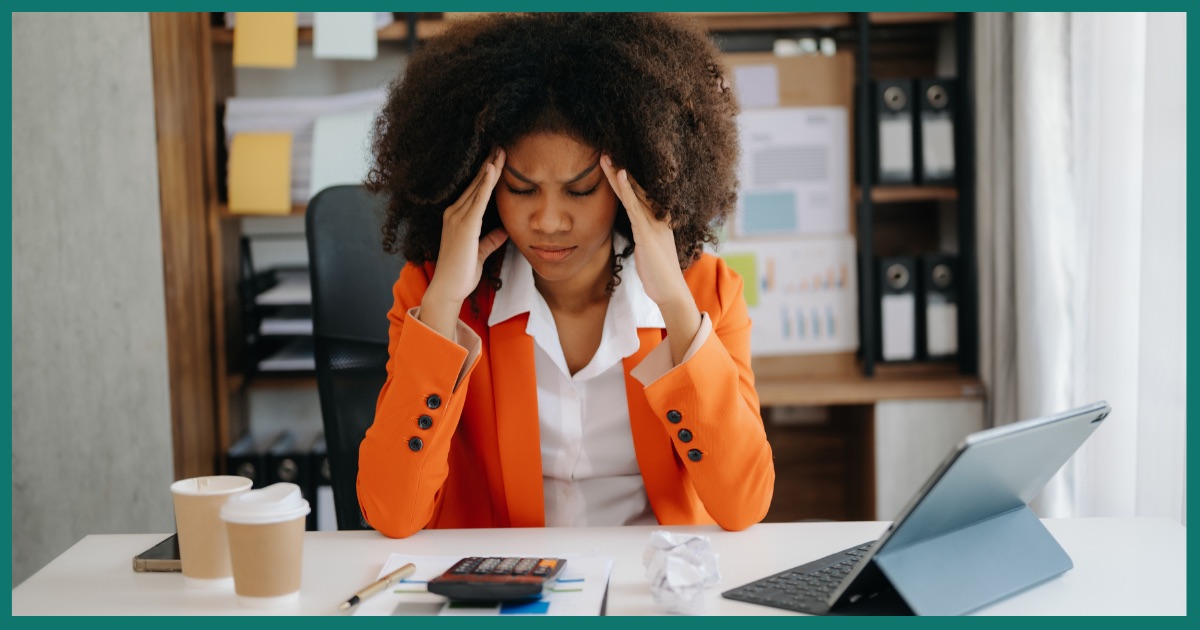Why You Crave Alcohol When Stressed: The Science & Solutions
By Sophie Solmini
Founder, ICADC, MATS, NCRC

Clinical Context: This article is reviewed by a Certified Alcohol and Drug Counsellor. It provides educational information and is not a substitute for professional medical advice.
It’s a feeling so many Canadians know well. You walk in the door after a tough day,the stress is practically buzzing under your skin,and your first thought is a drink. That glass of wine or cold beer feels less like a want and more like a need. A way to finally shut off your brain and breathe.
If this sounds like you, you’ve probably asked yourself why that pull is so strong. Is it just a bad habit? A lack of willpower?
The truth is, it’s neither. It’s biology. That intense craving is a predictable chemical reaction happening inside your brain. Here at Heal@Home, we help people understand this connection every day. Because when you get the ‘why,’ you can start to change the ‘what next.’ Let’s talk about what’s really going on.
Your Brain on Stress, and Why Alcohol Seems to Help
Think of your brain on stress as an engine revving way too high. Stress hormones like cortisol are flooding your system, keeping you on high alert. You feel tense, anxious, and exhausted all at once. It’s a deeply uncomfortable state, and your brain is desperate for a way to calm things down.
Along comes alcohol. It does two things very, very well:
- It hits the brain's "brake pedal." Alcohol boosts a neurotransmitter called GABA, which tells your brain cells to slow down. That revving engine finally idles down, and you feel a wave of calm.
- It presses the "reward button." At the same time, alcohol releases dopamine, the brain's feel-good chemical. It delivers a little hit of pleasure and reinforces the idea that drinking was a great decision.
So your brain learns a simple lesson: Feeling stressed? Alcohol brings relief and feels good. It’s not a mystery why we reach for it; it’s a quick, effective (but temporary) fix. The craving you feel is just your brain remembering that fix and asking for it again. As the experts at the Centre for Addiction and Mental Health (CAMH) often explain, this learned association is a powerful driver of drinking habits.
The Downside: When 'Relief' Creates More Stress
Here’s the catch. The calm that alcohol provides is borrowed. As your body processes the alcohol, your brain scrambles to get back to normal. It overcorrects, cutting back on your natural calming signals and ramping up the stress-inducing ones.
The result? A few hours later, or the next morning, you’re left with a "rebound" effect. You feel even more anxious and on-edge than you did before the drink.
This is the vicious cycle of stress drinking: you drink to escape stress, but the after-effects of the alcohol actually create more stress, which makes you crave a drink even more. It’s an exhausting loop to be stuck in and a major reason why casual stress relief can quietly turn into dependence, a pattern with significant health risks outlined by Canada's Guidance on Alcohol and Health.
Rewiring Your Response to Stress
Breaking free from this cycle isn’t about gritting your teeth and resisting. It's about giving your brain better, more sustainable options for relief. It’s about building a new toolkit. What does that look like in the real world?
- Change your state physically. Instead of sitting with the stress, move it. A quick walk around the block, a few stretches, or putting on some music and dancing in the kitchen can change your brain chemistry in minutes.
- Use your breath. It sounds simple, but a few slow, deep breaths can flip the switch on your nervous system from "fight or flight" to "rest and digest." Try breathing in for a count of four and out for a count of six.
- Reach out, don't retreat. Call a friend. Tell your partner about your day. Just saying the words out loud can take away some of their power.
- Get lost in something else. Reading a book, tinkering with a hobby, or playing a game gives your brain a different place to focus, providing a genuine escape without the chemical consequences.
Finding healthier ways to cope is also a powerful way to protect your future self, especially when you consider the long-term health risks of alcohol, including its link to cancer, a fact highlighted by the Canadian Cancer Society.
You Don't Have to Do This Alone
Knowing you should go for a walk instead of a drink is one thing. Actually doing it when a craving is screaming at you is another thing entirely. That's where support becomes a game-changer.
At Heal@Home, we get it. Our entire approach is built for real life. We offer virtual, confidential care across Canada because we know that changing your relationship with alcohol is a personal journey.
We work with you to create a plan that makes sense for you. That often includes using tools like Medication-Assisted Treatment (MAT). Treatments like The Sinclair Method don't rely on willpower alone; they use science to quiet the craving itself. By reducing the "reward" your brain feels from alcohol, it gives you the mental space you need to build those new, healthier habits. It’s about making change feel possible.
Whether your goal is to drink less or not at all, we're here to support you. You can learn more about our flexible programs and our judgment-free philosophy.
Ready for a Change?
That powerful connection between stress and alcohol is real, but it doesn't have to be your story forever. The team at Heal@Home is here for a free, completely confidential chat about your options. Call us at 647-545-6751 or book a consultation online. You've got this, and we've got your back.
Interested in our Program?
Our team provides a private, 12-week protocol designed to help you regain control from home.
Speak with our Team